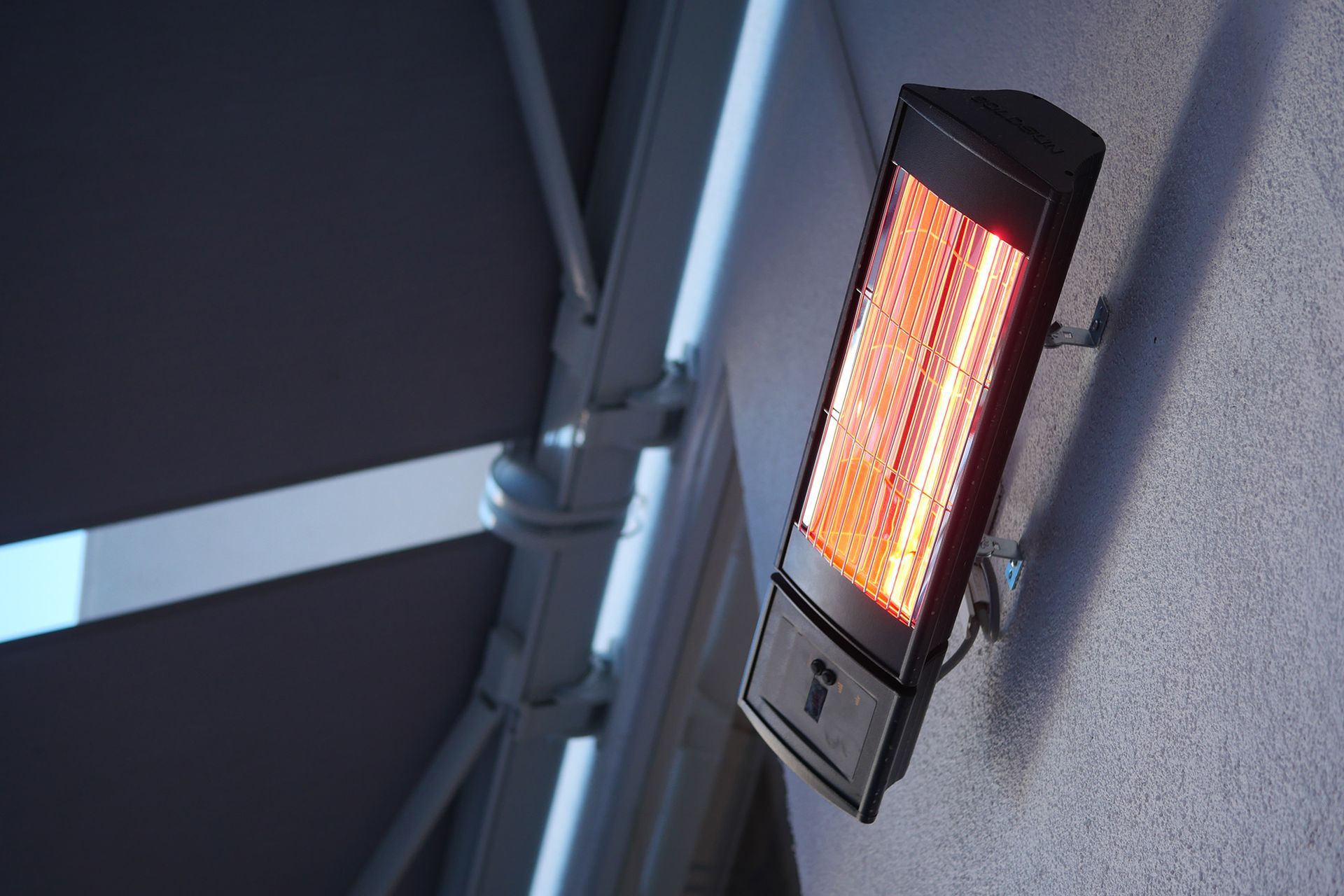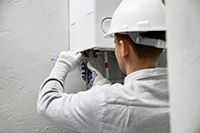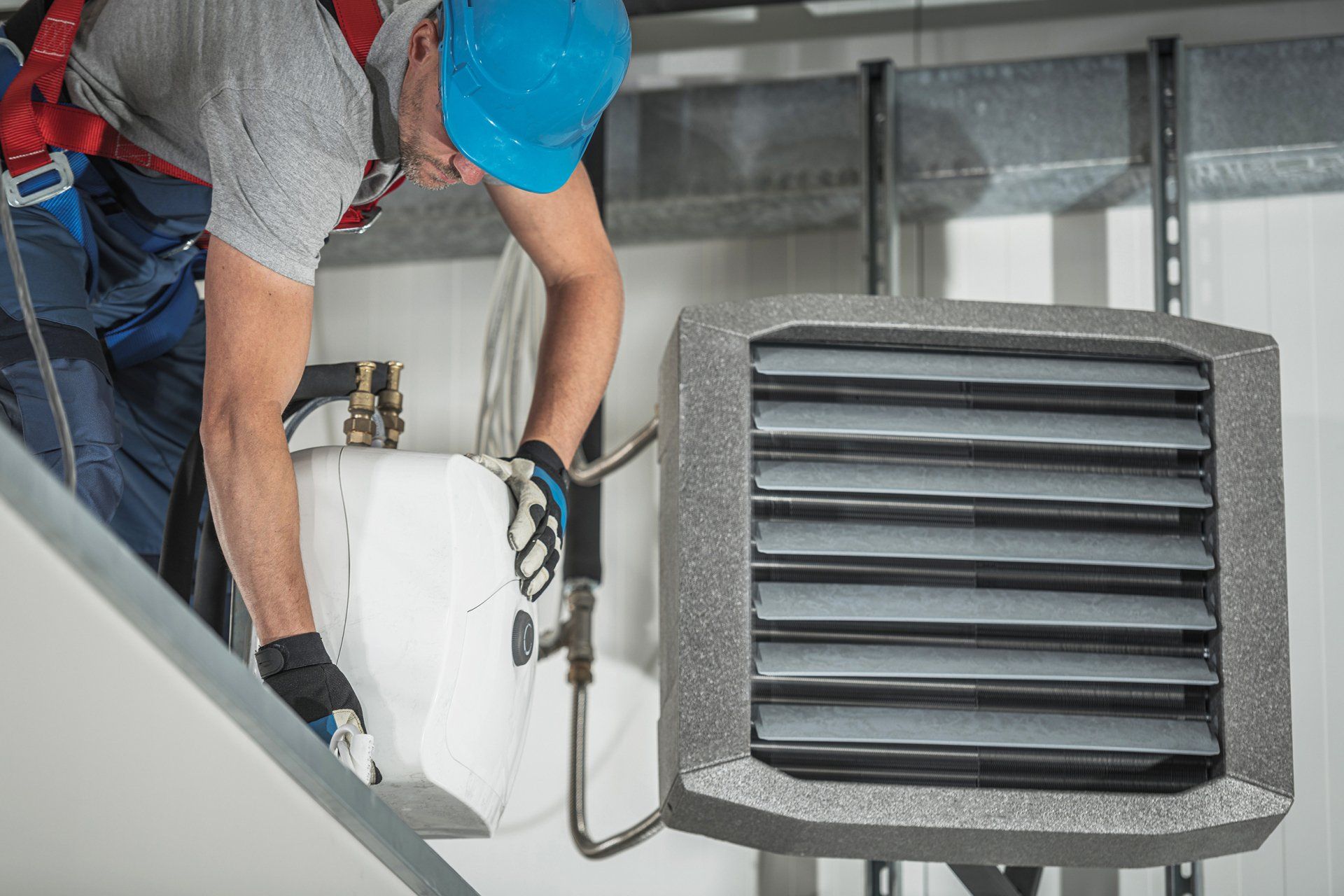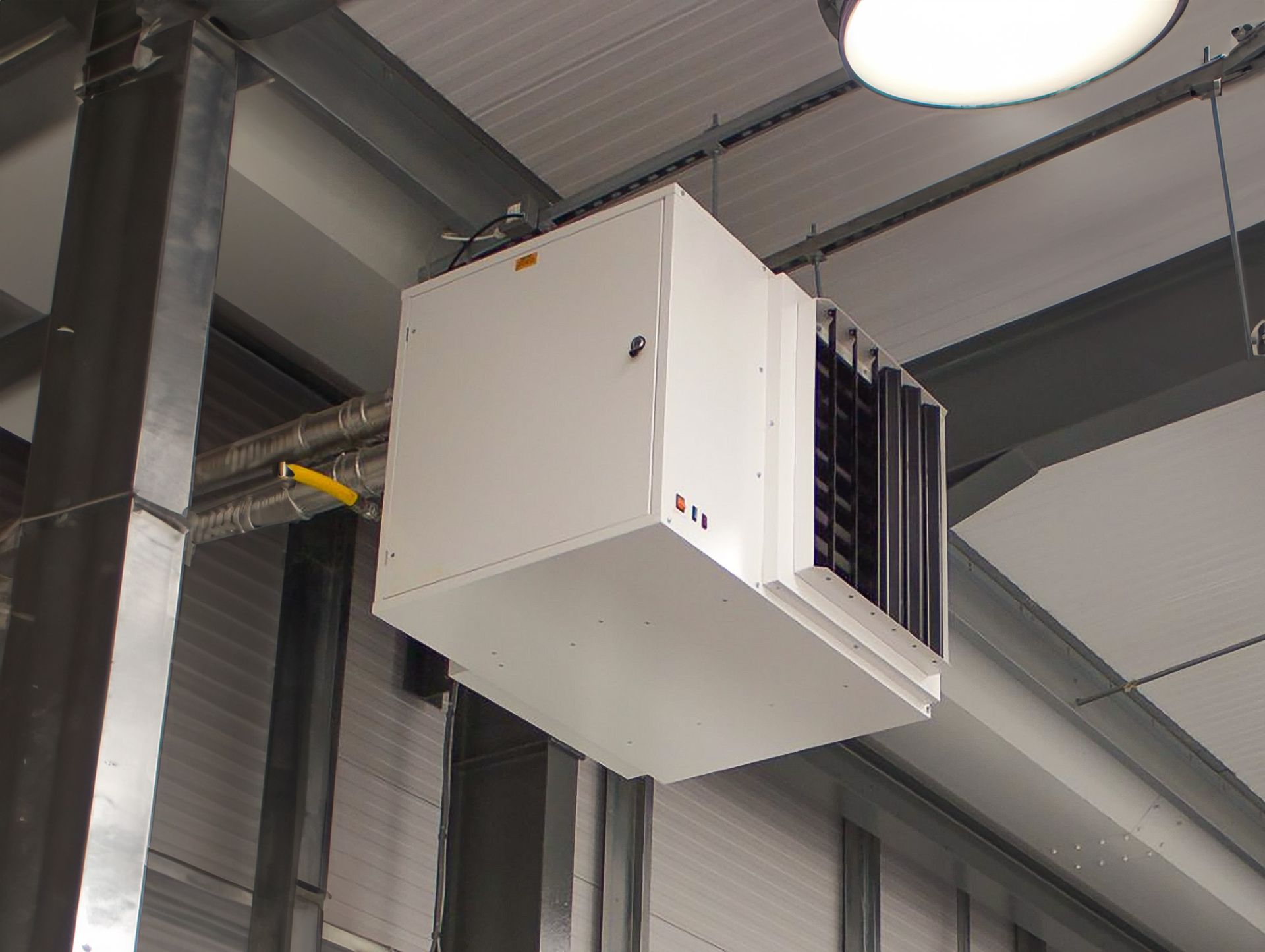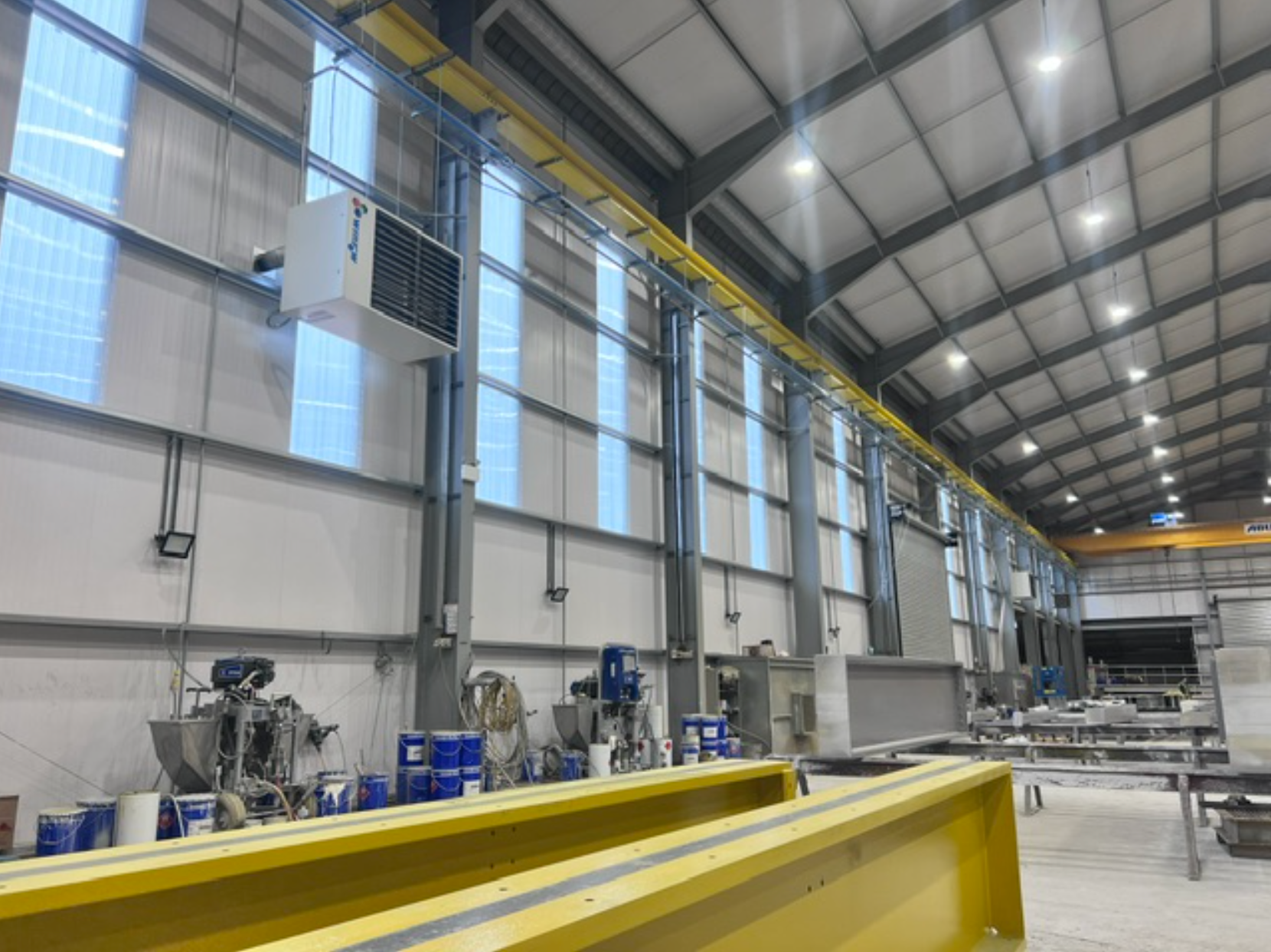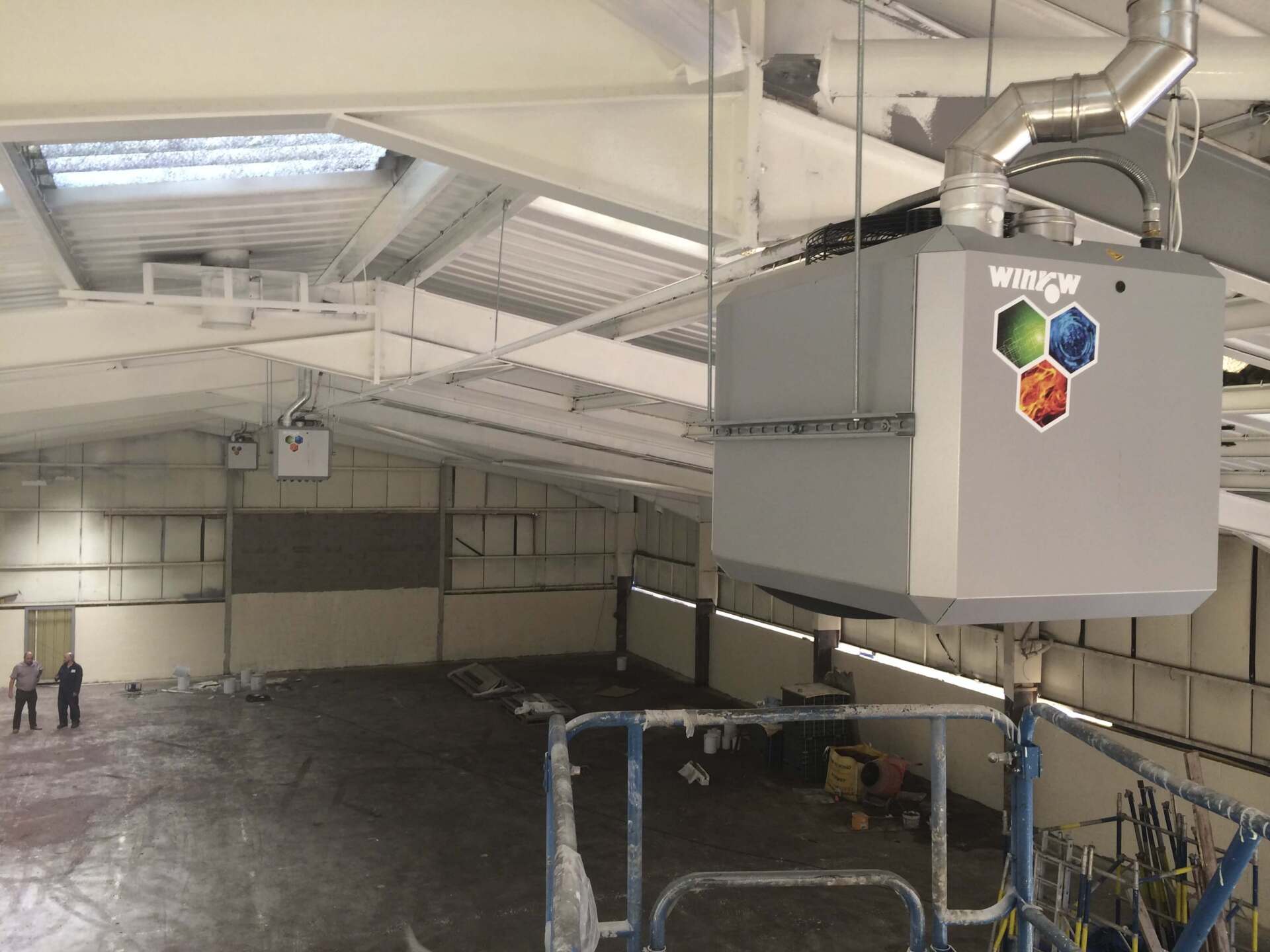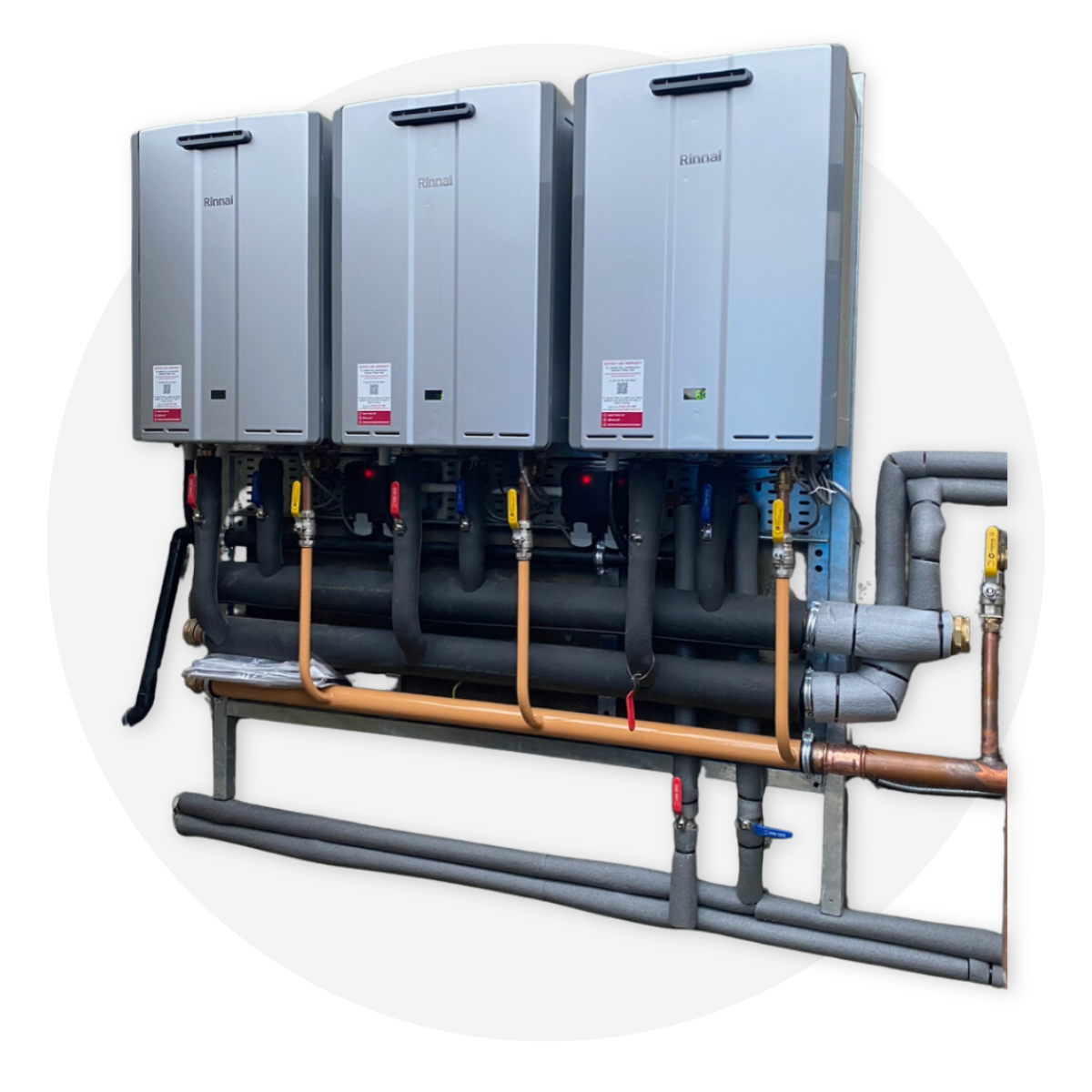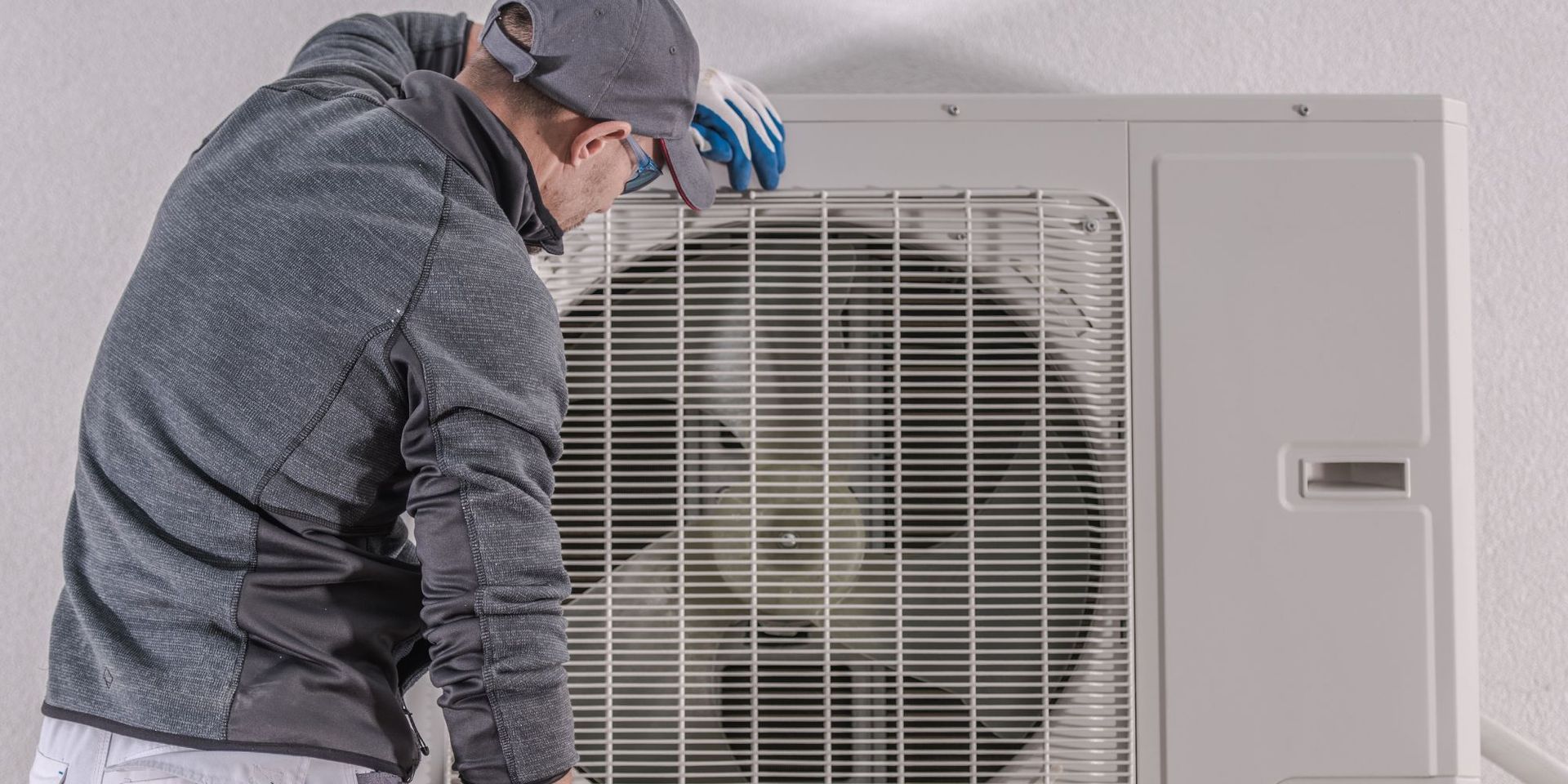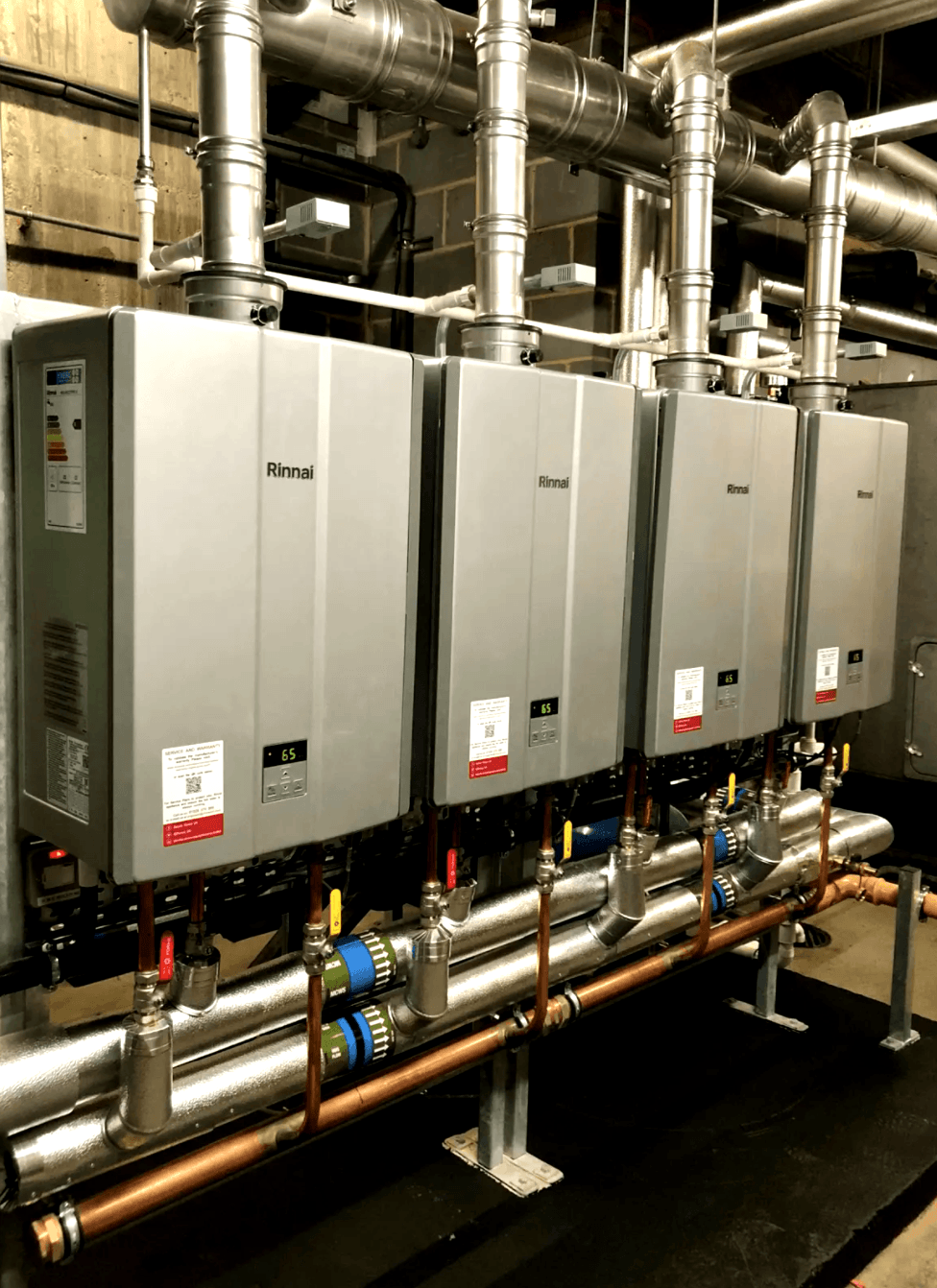Choosing the Right Commercial Water Heaters for Your Nursing Home Facility
When it comes to choosing a
commercial water heater for your nursing home facility, you're not just selecting an appliance - you're ensuring the comfort, safety, and well-being of your residents. You need a system that can keep up with the unique demands of your facility. But with so many options available, how do you make the right choice? By evaluating key factors such as energy efficiency, recovery rate, and certification standards, you'll be well on your way to finding the perfect solution. But that's just the beginning - there's more to explore, and we're about to examine it all.
Understanding Nursing Home Water Needs
When it comes to meeting the daily needs of residents, nursing homes require a consistent and reliable supply of hot water to maintain cleanliness, hygiene, and comfort.
A well-designed hot water system is vital to facilitate the efficient delivery of hot water throughout the facility.
You, as a facility manager, understand the importance of providing a comfortable and hygienic environment for your residents.
An efficient water heater is essential to meet the high demand for hot water in nursing care. Residents require hot water for daily living activities such as bathing, laundry, and food preparation.
In a nursing home setting, hot water isn't just a luxury, but a necessity.
It's essential for maintaining personal hygiene, washing linens, and cleaning equipment. A reliable hot water system helps prevent the spread of infections and guarantees a comfortable living environment for residents.
Commercial Water Heater Types Compared
You're faced with a pivotal decision: choosing the right commercial water heater from a myriad of options, each designed to cater to specific needs and demands.
As a residential care home, you require a system that can efficiently provide hot water to meet the needs of your residents and staff.
Commercial water heaters come in various types, each with its unique features and benefits. You may opt for a conventional storage tank heater, which stores hot water in a tank for later use. Alternatively, you can choose a continuous flow heater, also known as a tankless heater, which heats water only when needed. This option is ideal for facilities with fluctuating hot water demands.
Another option is the heat pump water heater, which uses heat from the air to heat water, making it an energy-efficient choice.
When selecting a commercial water heater, consider factors such as energy efficiency, recovery rate, and first-hour rating to guarantee you choose the best fit for your nursing home facility.
Sizing Water Heaters for Capacity
Once you've selected a suitable commercial water heater type, it's time to determine the right size for your facility, providing it can meet peak hot water demands without wasting energy or resources.
Sizing water heaters for capacity is vital to provide adequate hot water solutions for your nursing home facility. You need to calculate the maximum hot water requirements during peak hours to verify your commercial water heating system can meet the demand.
To accurately size your water heater, consider factors such as the number of residents, staff, and visitors, as well as the types of appliances and fixtures that use hot water.
Additionally, consider the flow rate, temperature, and recovery rate of the water heater. A correctly sized water heater will provide a steady supply of hot water while minimising energy waste and reducing your facility's environmental footprint.
Energy Efficiency and Cost Savings
By selecting a water heater with a high energy efficiency rating, you can substantially reduce your nursing home's energy consumption and lower its overall operating costs.
A condensing water heater, for instance, can achieve efficiency ratings of up to 95%, drastically reducing energy waste and saving you money. When it comes to commercial hot water systems, every percentage point counts, and a high-efficiency water heater can make a substantial impact on your facility's bottom line.
Investing in a reliable hot water system that meets your nursing home's specific needs can also lead to notable cost savings.
By reducing energy consumption, you can allocate resources to other essential areas of your facility. In addition, a high-efficiency water heater can also reduce your facility's carbon footprint, contributing to a more sustainable future.
When choosing a commercial water heater, prioritise energy efficiency to reap the benefits of reduced energy consumption and lower operating costs.
Space and Installation Considerations
When selecting a commercial water heater, consider the physical constraints of your nursing home's installation space to guarantee a hassle-free setup and peak system performance.
You'll want to assess the available space, taking into account the water heater's dimensions, venting requirements, and clearance needs.
Verify you have sufficient room for easy maintenance and potential future upgrades.
Additionally, consider the installation location's accessibility, proximity to water and gas supply lines, and electrical connections.
You'll also need to evaluate the weight capacity of the floor and any structural requirements for the water heater.
In addition, consider the noise level tolerance in the surrounding area, as some commercial water heaters can be quite loud during operation.
Water Heater Maintenance and Support
You'll need to deliberate on the maintenance and support requirements of your commercial water heater to guarantee it operates efficiently and extends its lifespan.
A well-maintained commercial water heater guarantees consistent hot water supply, reduces energy consumption, and prevents unexpected breakdowns.
Regular water heater maintenance involves tasks such as checking and replacing anodes, inspecting temperature and pressure relief valves, and descaling the tank to prevent mineral buildup.
You should also consider the support requirements of your commercial water heater, including the availability of spare parts, technical assistance, and emergency repair services.
Look for manufacturers that offer thorough support packages, including on-site maintenance and repair, online resources, and dedicated customer service.
Meeting Nursing Home Water Quality
Meeting the unique water quality demands of your nursing home facility requires careful consideration to guarantee the health and well-being of your residents.
You need to certify that your water heating system provides a consistent and reliable supply of hot water, meeting the specific needs of your facility. Water heaters provide hot water heating solutions that cater to the unique requirements of your nursing home, taking into account factors such as water temperature, flow rate, and pressure.
Continuous flow water heaters, for instance, offer a reliable and efficient way to meet the high demands of hot water in your facility.
When selecting a commercial water heater, consider the specific needs of your nursing home.
You'll want to choose a system that can handle the peak demands of your facility, providing a consistent supply of hot water to support the daily needs of your residents and staff.
By selecting the right water heater for your facility, you can guarantee that your residents receive the care and comfort they deserve, while also maintaining a clean and hygienic environment.
Ensuring Compliance With Regulations
In compliance with regulations, your nursing home must adhere to strict guidelines for water quality and safety, maintaining a healthy environment for residents and staff alike.
As a nursing home facility, you're responsible for meeting specific standards for commercial water heaters, which play a vital role in maintaining water quality and safety. Compliance regulations dictate that your commercial water heaters meet specific standards for temperature control, scald protection, and Legionella prevention.
When selecting commercial water heaters, it's vital to think carefully about the specific needs of your facility. You'll need to verify that your chosen heaters can provide a consistent supply of hot water while meeting regulatory requirements.
Look for heaters that are certified to meet relevant standards, such as those set by the International Association of Plumbing and Mechanical Officials (IAPMO). Additionally, consider working with a reputable supplier who can provide guidance on compliance regulations and help you choose the right commercial water heaters for your nursing home facility.
Conclusion
By considering factors like energy efficiency, recovery rate, and first-hour rating, you can choose a commercial water heater that meets your nursing home's unique needs.
Remember to prioritise certifications, maintenance requirements, and manufacturer support to guarantee a hassle-free setup and peak performance.
With the right water heater, you can provide a comfortable and healthy environment for your residents, while also controlling costs and meeting regulatory standards.
Share This Post.
Latest News | Winrow Industrial Heating
